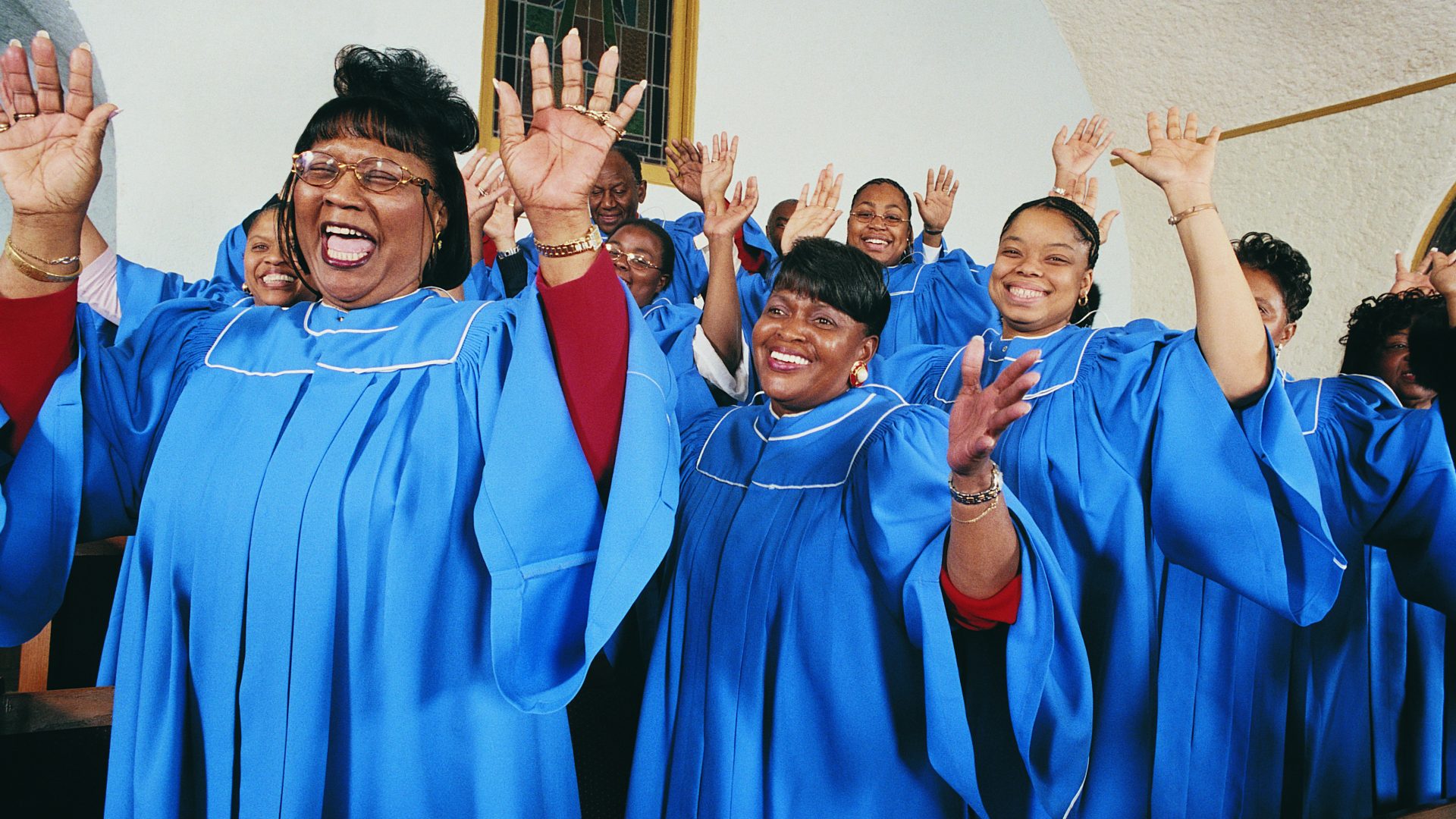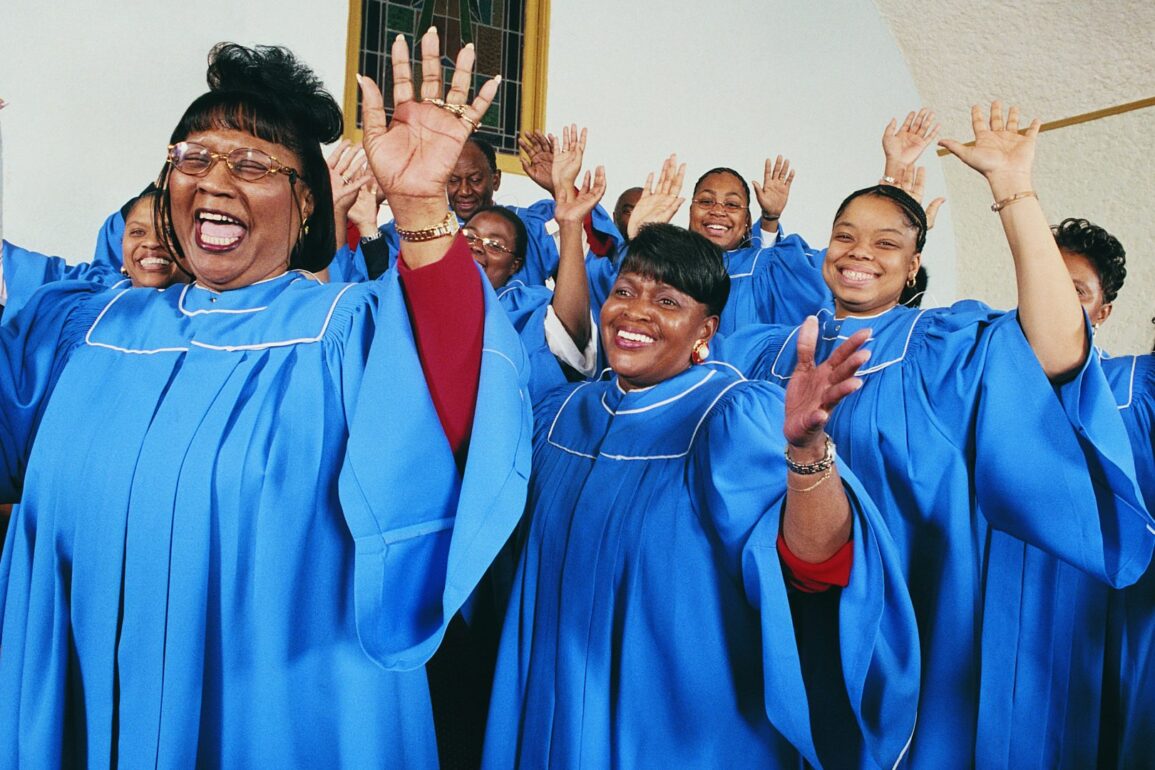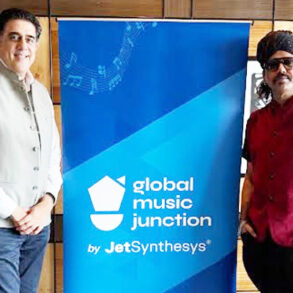
Recently, fans of the Gospel music industry have taken to social media to express their concerns about the evolving sound of the genre. As Gospel continues to grow, many artists are broadening their horizons, collaborating with secular artists—rappers, in particular.
This evolution has sparked debates within the religious community, with some asking, Should Gospel artists collaborate with secular musicians?
The Concerns
Critics of these cross-genre collaborations argue that Gospel music has a mission-focused purpose: to spread the good news of Jesus Christ. When mixed with secular messages, they worry the mission can become diluted or lost altogether.
The Other Side of the Debate
On the other hand, those in favor of these collaborations believe it’s not that deep. Many argue that these partnerships help expand the reach of the Gospel message—particularly to people who may never step foot in a church or be exposed to traditional Christian music. For those unfamiliar with the Christian faith, a Gospel artist’s message might be more accessible on a non-traditional Gospel track, offering inspiration in a more mainstream context.
The Long-Standing Debate
This debate isn’t new, but it has resurfaced as the lines between Gospel and secular music continue to blur. The conversation was reignited when popular Gospel artist Kirk Franklin appeared alongside Maverick City Music, Kierra Sheard, and Chandler Moore on the track “Rain Down On Me” by rapper Glorilla. The song became particularly noteworthy because it was the only track on Glorilla’s album free of expletives or controversial lyrics.
Glorilla, known for her Memphis accent and catchy rap hits like Yeah Glo!, caused a stir when she included Gospel artists on her album. Many listeners in the faith community were shocked by this collaboration, feeling there should be a clear distinction between Gospel music and secular genres.
In several interviews, Glorilla has shared her religious background—growing up in church and singing in the choir. However, she has never considered herself a Gospel artist, which only added to the surprise when “Rain Down On Me” appeared on her album.
A History of Cross-Genre Collaborations
This isn’t a new phenomenon. For decades, Christian artists have worked with secular musicians to bring the message of faith to broader audiences. In 1990, Gospel group The Winans collaborated with secular artist Teddy Riley on the track “It’s Time.”
However, many trace the beginning of the modern intersection between Gospel and secular music to Kirk Franklin, whose infamous Stomp remix revolutionized the sound of Gospel in the 1990s. Since then, artists like Gospel rapper Lecrae (who has worked with Ty Dolla $ign) and Tasha Cobbs-Leonard (who collaborated with Nicki Minaj) have continued to blur the lines between the two genres.
The Evolution of Gospel Music
As Gospel music evolves to fit the tastes of its growing audience, the question remains: Will secular artists become more accepted in the genre? Regardless, Gospel music has always been a source of encouragement and inspiration for listeners of all backgrounds. While rooted in faith, its messages of hope and perseverance transcend religious boundaries, offering comfort to both believers and non-believers alike.
For Gospel artists, this broader reach should be a motivation to continue evolving their sound and expanding their influence—whether in collaboration with secular artists or in their own unique style.
This post was originally published on this site be sure to check out more of their content






